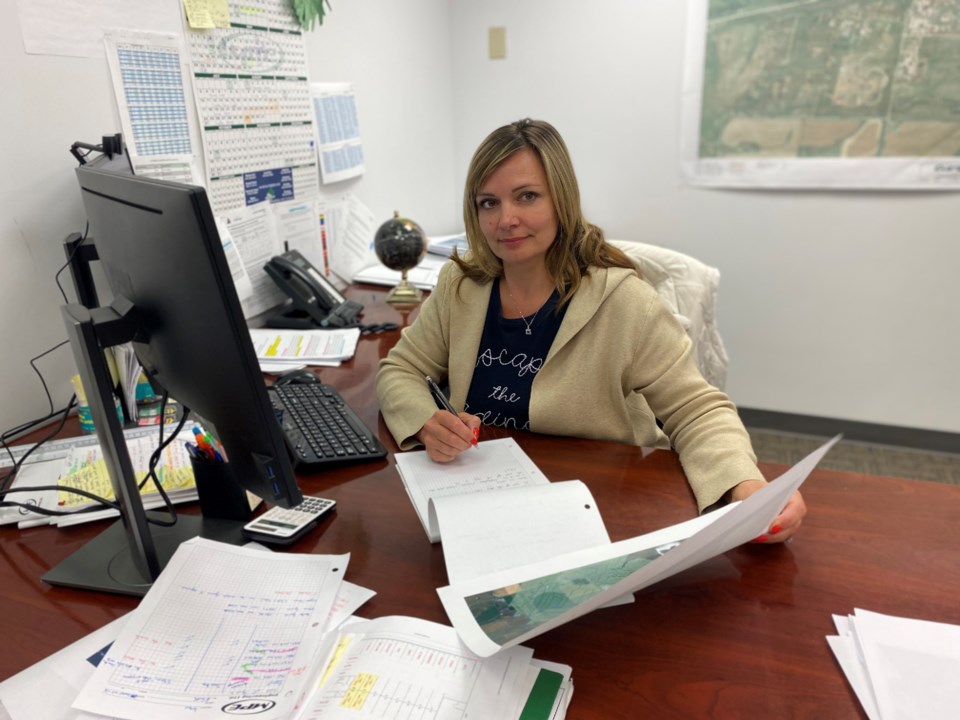LAKELAND – For families fleeing their homes due to conflict and forced to relocate to a new country, the journey comes with unimaginable hurdles, especially when looking for employment.
Despite the need for professional workers in numerous sectors, Canadian employers are often unable to hire newcomers or refugees with foreign education credentials. This results in many newcomers and refugees remaining under-employed or forced to repeat their education at a Canadian institution.
The Association of Science and Engineering Technology Professionals of Alberta (ASET) has introduced two new initiatives that will help Ukrainian and other refugees with engineering technology backgrounds get on their feet professionally when they arrive in Alberta.
Rather than repeating education at a Canadian polytechnic or technical college, ASET’s competency-based assessment program helps fast-track refugees and newcomers with foreign engineering technology credentials enter the Alberta workforce in half or a quarter of the time it would otherwise take, explained Michele Penz, with Calico Communications on behalf of ASET.
The competency-based assessment program was first launched by ASET in 2016 but is now being promoted as a way to help Ukrainians who have fled to Canada due to war at home.
As of May 24, 2022, ASET is also waiving most of its fees for engineering technology professionals, such as certified engineering technologists (C.E.T.), who have refugee status.
“With our application fee waiver for refugees now in place and our competency-based assessment program already established and proven to help newcomers, ASET is making it easier than ever for refugees with tech backgrounds to get on the career paths for which they were educated in their home countries,” said ASET CEO Barry Cavanaugh.
“Alberta and Canada as a whole need more people with the technical knowledge and experience to contribute to our province and nation and we value what these newcomers bring.”
These waived fees – which include the application fee, prior learning assessment and recognition (PLAR) fee, ASET professional practice exam fee, and certification exam fee – can cost up to almost $1,000 per member over time.
“ASET recognizes that many applicants who are refugees from countries in crisis are also suffering significant economic hardship,” said Penz, adding with a significant Ukrainian population in Bonnyville and the surrounding area, “this information may be important to families who are sponsoring or otherwise helping relatives from Ukraine move here.”



